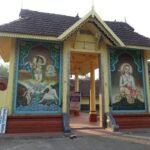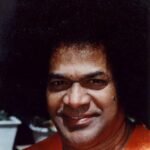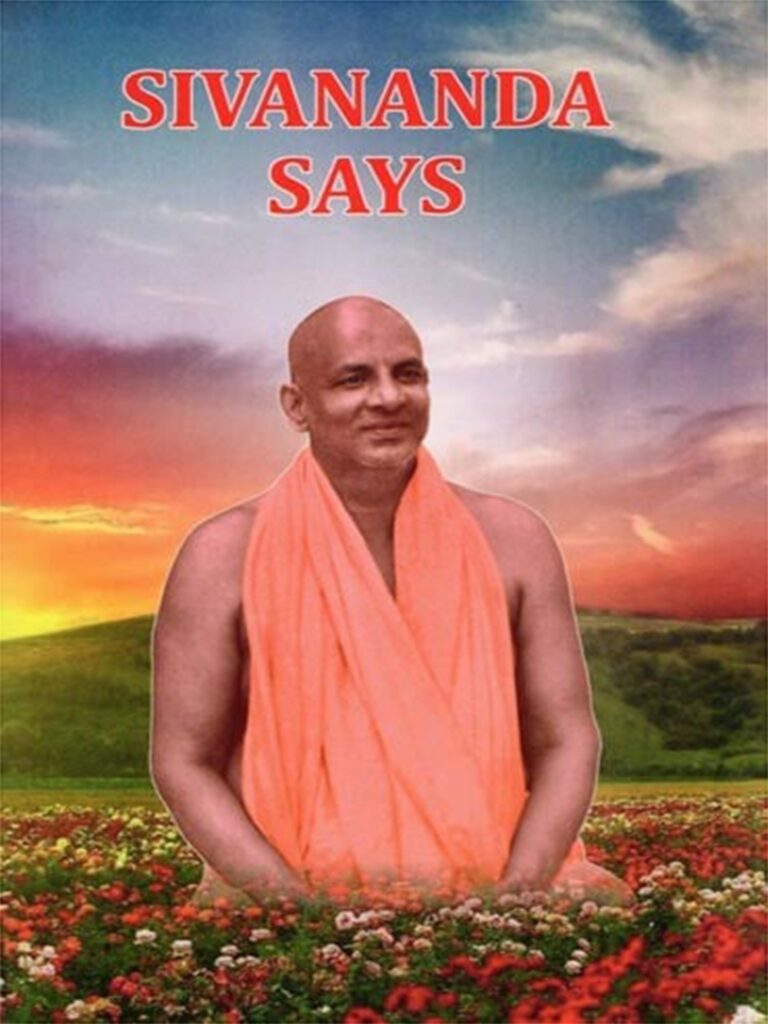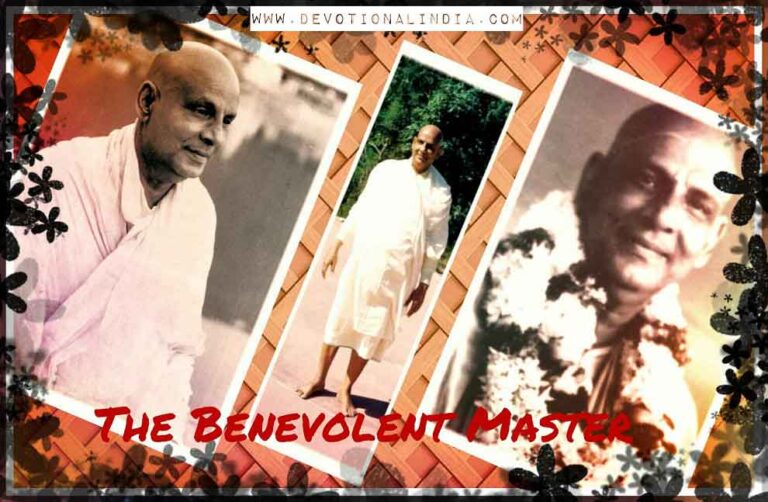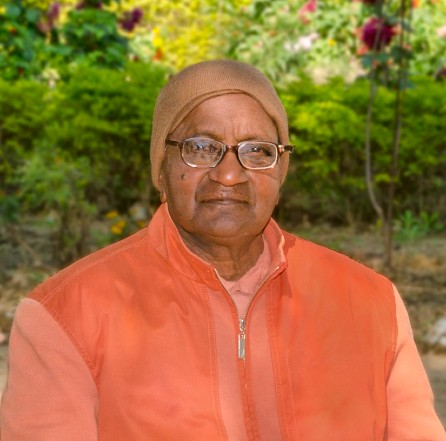Volume Nineteen
Volume Nineteen (1986)

Sathya Sai Speaks, Volume Nineteen (1980–1981) reflects a period when Bhagawan Sri Sathya Sai Baba’s teachings were increasingly global in scope, addressing both the spiritual growth of individuals and the collective upliftment of society. By this time, Prasanthi Nilayam had become an international center of devotion, drawing seekers from around the world. Swami’s discourses focused on practical spirituality, the cultivation of human values, selfless service, and education, emphasizing that inner transformation and outer action are inseparable.
A central theme of this volume is the unity of all religions and the universality of God. Swami emphasized that while rituals, customs, and scriptures differ, the inner essence of every religion is identical: love, truth, righteousness, peace, and selfless service. He urged devotees to transcend narrow sectarianism, recognize the divine presence in all beings, and live as instruments of God’s love. These teachings reinforced the global vision of the Sri Sathya Sai Organization, promoting harmony and spiritual unity among diverse followers.
Selfless service (seva) remains a primary focus. Swami explained that true devotion is expressed through acts of love, compassion, and selflessness, performed without expectation or pride. Devotees were encouraged to organize and participate in service activities such as feeding the needy, providing medical care, supporting education, and improving rural communities. Swami’s guidance emphasized that service is both a spiritual discipline and a practical method for societal transformation.
Education and youth development were strongly emphasized. Swami stressed that knowledge without values is incomplete and potentially dangerous. He encouraged students to cultivate virtues such as honesty, humility, patience, self-discipline, and devotion, along with academic learning. These teachings strengthened the foundation for the Sri Sathya Sai Institutes of Higher Learning and the global Education in Human Values (EHV) programs, integrating ethical and spiritual development with intellectual education.
Another key emphasis in this volume is spiritual discipline and control of the mind and senses. Swami taught that the mind is the source of both bondage and liberation, and that purification comes through meditation, prayer, and namasmarana (remembrance of God). He reminded devotees that spirituality must manifest in thoughts, words, and actions, and that inner purity is reflected in one’s daily life.
Swami also addressed family harmony, social responsibility, and moral living. He emphasized the importance of respect for parents, love and guidance for children, and creating homes that are centers of prayer, love, and virtue. Such practices, he explained, are the foundation of a peaceful and spiritually healthy society.
In essence, Sathya Sai Speaks – Volume Nineteen consolidates Swami’s teachings on love, discipline, service, education, and spiritual growth, with a strong emphasis on practical application. It inspires devotees to balance inner realization with outward action, cultivating humility, compassion, and integrity, and contributing to the upliftment of humanity on both individual and collective levels.






